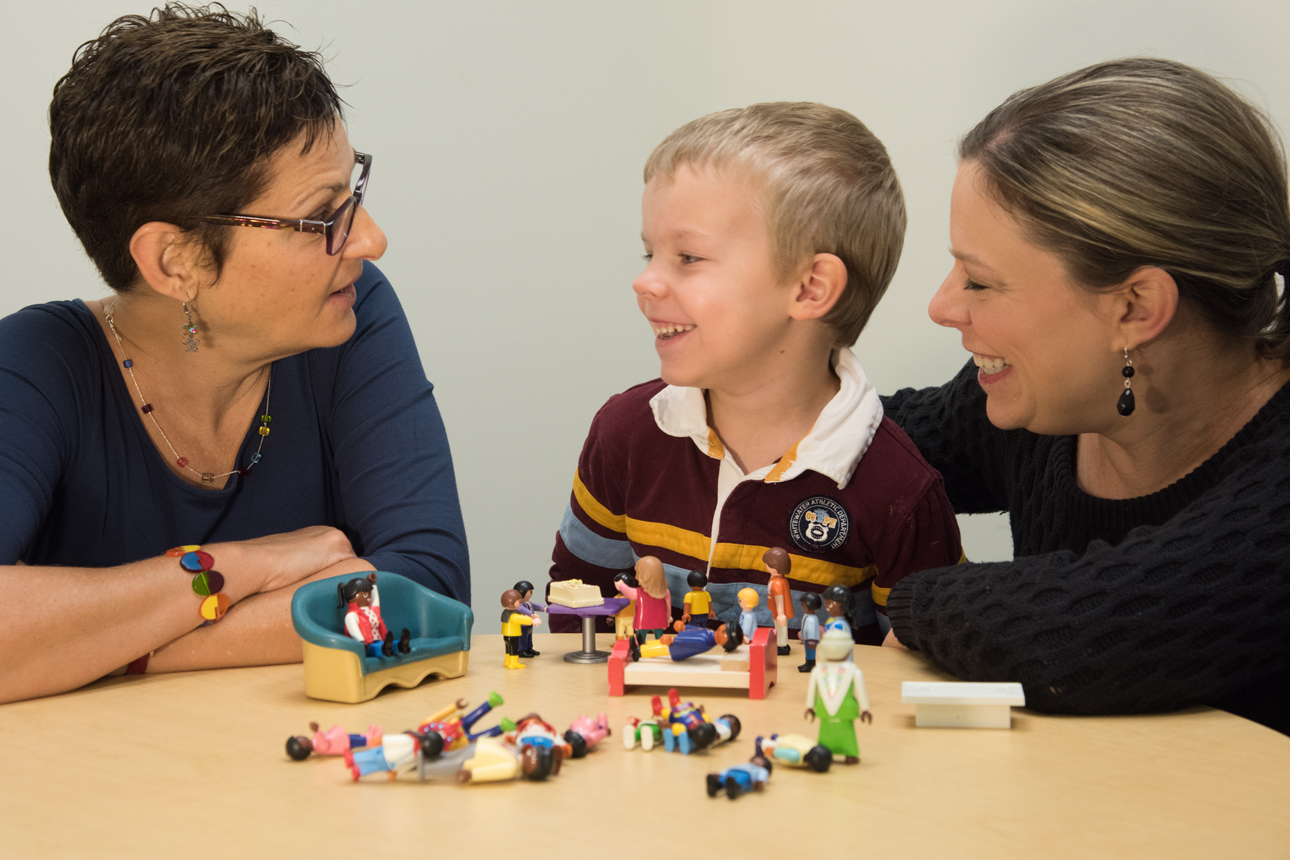Improving radiation therapy for U.S. veterans
New program will monitor quality and safety of VHA radiation therapy nationwide.
 Thinkstock
ThinkstockThe goal of the new program is to ensure that veterans across the U.S. receive the same high-quality radiation therapy at any of the 40 VHA radiation oncology centers nationwide.
Washington University School of Medicine in St. Louis has been selected to lead national efforts to improve and standardize radiation therapy for veterans with cancer, the Veterans Health Administration (VHA) announced. The goal is to ensure that veterans across the U.S. receive the same, high-quality radiation therapy at any of the 40 VHA radiation oncology centers nationwide.
This is header …
Inside of a call-out box.
- It allows bullets
- And other formatting
- Here’s what links look like
Working with the American Society for Radiation Oncology (ASTRO), Washington University radiation oncologists will be developing a system to provide continuous feedback on the progress, quality and safety of each veteran’s cancer therapy. The VHA, an arm of the U.S. Department of Veterans Affairs (VA), is the country’s largest integrated health-care system, serving more than 8 million veterans each year.
 Related: A search for self in a brain scan
Related: A search for self in a brain scan
Even if I had been one of the 1,200 volunteers in the part of the Human Connectome Project being conducted there, I wouldn’t have gotten a...
“We are pleased to be taking a lead role in managing this program,” said Jeff M. Michalski, MD, the Carlos Perez Distinguished Professor of Radiation Oncology at Washington University. “We have significant experience working with the National Cancer Institute to provide platforms for assessing quality and standards of care for patients, and we are excited to work with ASTRO to bring that experience to bear on behalf of our nation’s veterans.”
Along with surgery and chemotherapy, radiotherapy is a major treatment method for a variety of cancer types. About 60 percent of all cancer patients receive some form of radiation therapy. The new program is called the Radiation Oncology Practice Assessment Program.
In the first year, radiation oncologists will set up the infrastructure required to evaluate quality of care for veterans undergoing treatment for lung and prostate cancers. To provide detailed evaluations for individual patients, the program will rely on new information technologies that will draw on the VHA’s electronic medical record system as well as treatment management systems that control and track how radiation is delivered to each patient. Much of the software that will enable this new reporting system was developed by Radialogica, a St. Louis-based health-care information technology company co-founded by Washington University faculty.
The new program will provide VHA radiation oncologists with detailed analyses of their patients’ treatments, compared with national standards. The feedback also will include traditional measures of cancer therapy outcomes, including patient survival and tumor recurrence. The goal is to provide oncologists with complete and consistent snapshots of each patient’s therapy and response to the treatment on a continuous basis.
Once the new program is fully in place, VHA radiation oncologists will receive continuously updated electronic reviews of each patient’s cancer evaluation, treatment and outcome. The new automated system goes well beyond the current periodic review process, according to the developers.
Instead of analyzing physician performance, the new system focuses on the patient, allowing doctors to see how changes in clinical practice, radiation planning, delivery technology and radiation dose prescription impact the success of a patient’s therapy.
“We are pleased to be working with leading organizations on this innovative program, the first of its kind nationwide,” said Maureen McCarthy, MD, Veterans Affairs Acting Assistant Deputy Under Secretary for Health for Patient Care Services. “Our veterans deserve nothing less.”





